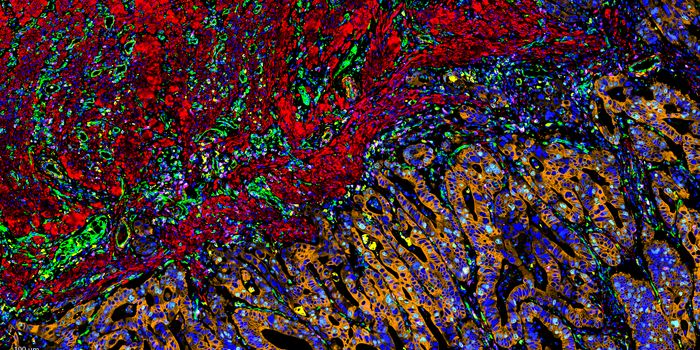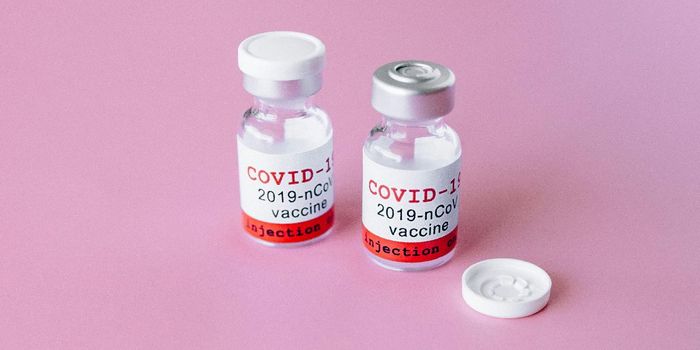Bye-Bye Burning: A New UTI Vaccine
Researchers have developed a vaccine that “trains” the bladder to fight back against the bacteria that cause urinary tract infections or UTIs. The vaccine is administered directly into the bladder, boosting the weak immune response against bacteria in the urinary tract, which is thought to be a significant contributing factor to UTIs.
UTIs are the most common outpatient infections in the U.S., with as many as 50 percent of women experiencing this painful and disruptive condition in their lifetimes.
According to immunology expert and study lead Soman Abraham, reprogramming the immune system using vaccines can help the body stave off UTI-causing bacteria such as E. coli. The problem is that while this approach shows promise, it has fallen flat in clinical trials, with other vaccines in development demonstrating very little success in keeping UTIs at bay in patients.
“There are currently no effective UTI vaccines available for use in the US in spite of the high prevalence of bladder infections,” Abraham said. “Our study describes the potential for a highly effective bladder vaccine that can not only eradicate residual bladder bacteria, but also prevent future infections.”
Abraham and colleagues tested their new system in a mouse model of UTI, in which they observed that before treatment, very few immune cells were activated to eliminate pathogenic bacteria. This immune phenomenon resulted in the frequent resurgence of infections.
Jianxuan Wu, another investigator for the lab, said: “The new vaccine strategy attempts to ‘teach’ the bladder to more effectively fight off the attacking bacteria.”
“By administering the vaccine directly into the bladder where the residual bacteria harbor, the highly effective vaccine antigen, in combination with an adjuvant known to boost the recruitment of bacterial clearing cells, performed better than traditional intramuscular vaccination.”
These are encouraging findings, said Abraham, who is optimistic about taking the treatment to clinical trials. Indeed, if it proves effective in humans, clinical adoption for the new therapy appears to be a relatively straightforward process, particularly as the individual components of the new vaccine have already been cleared as safe to use by regulatory bodies.
Sources: Duke University, PNAS.









